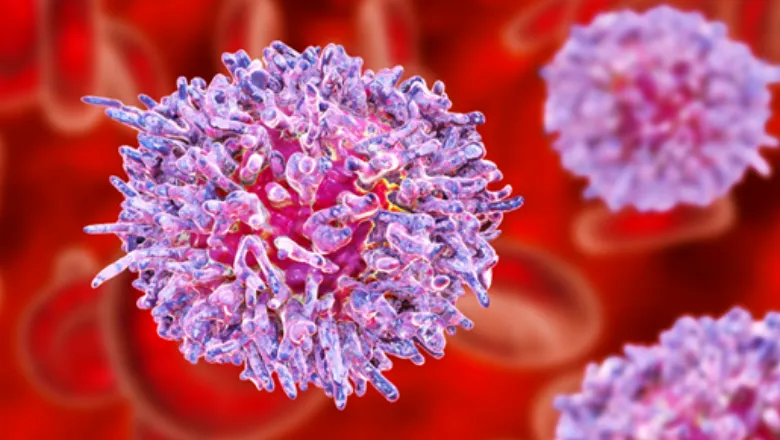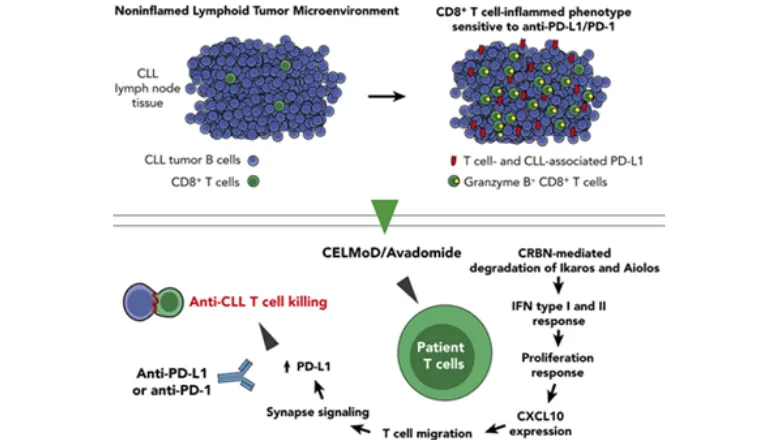This pre-clinical study provides important proof of concept that inducing inflammatory signaling in patient T-cells can successfully reshape the immune landscape of CLL tumors that sensitises them to the anti-tumour activity of immunotherapy.
Dr. Alan Ramsay
08 February 2021
Researchers identify a combination therapy approach to help cold tumours respond to immunotherapy
The discovery marks an important step for patients with chronic lymphocytic leukemia.

Immunotherapy is a type of cancer treatment that boosts the body’s natural defenses to destroy cancer cells and has shown promise in treating several types of cancer. However, the disease is known to conceal itself from the immune system, and tumours that do not elicit a response from the immune system – ‘cold’ tumours – do not respond well to immunotherapies.
Immunotherapy that is based on antibodies which activate T-cells has revolutionised the area of cancer therapy. However, clinical responses have been disappointingly low in certain Non-Hodgkin lymphomas (NHLs) including chronic lymphocytic leukaemia (CLL). Identifying the biological and immunological reasons for this lack of activity is therefore a priority area, alongside identifying more powerful combination therapies.
A team of researchers from the School of Cancer & Pharmaceutical Sciences, led by Dr. Alan Ramsay, reveal that the drug Avadomide can convert non responsive immunologically ‘cold’ CLL tumors into T-cell rich ‘hot’ ones, that can then effectively respond to immunotherapy antibodies. This work has just been published in Blood journal and selected for the journal cover image and an Editorial.

The group is also investigating the targeting of fibroblasts within the tumour microenvironment that may also be required to fully optimize immunotherapy for patients.

